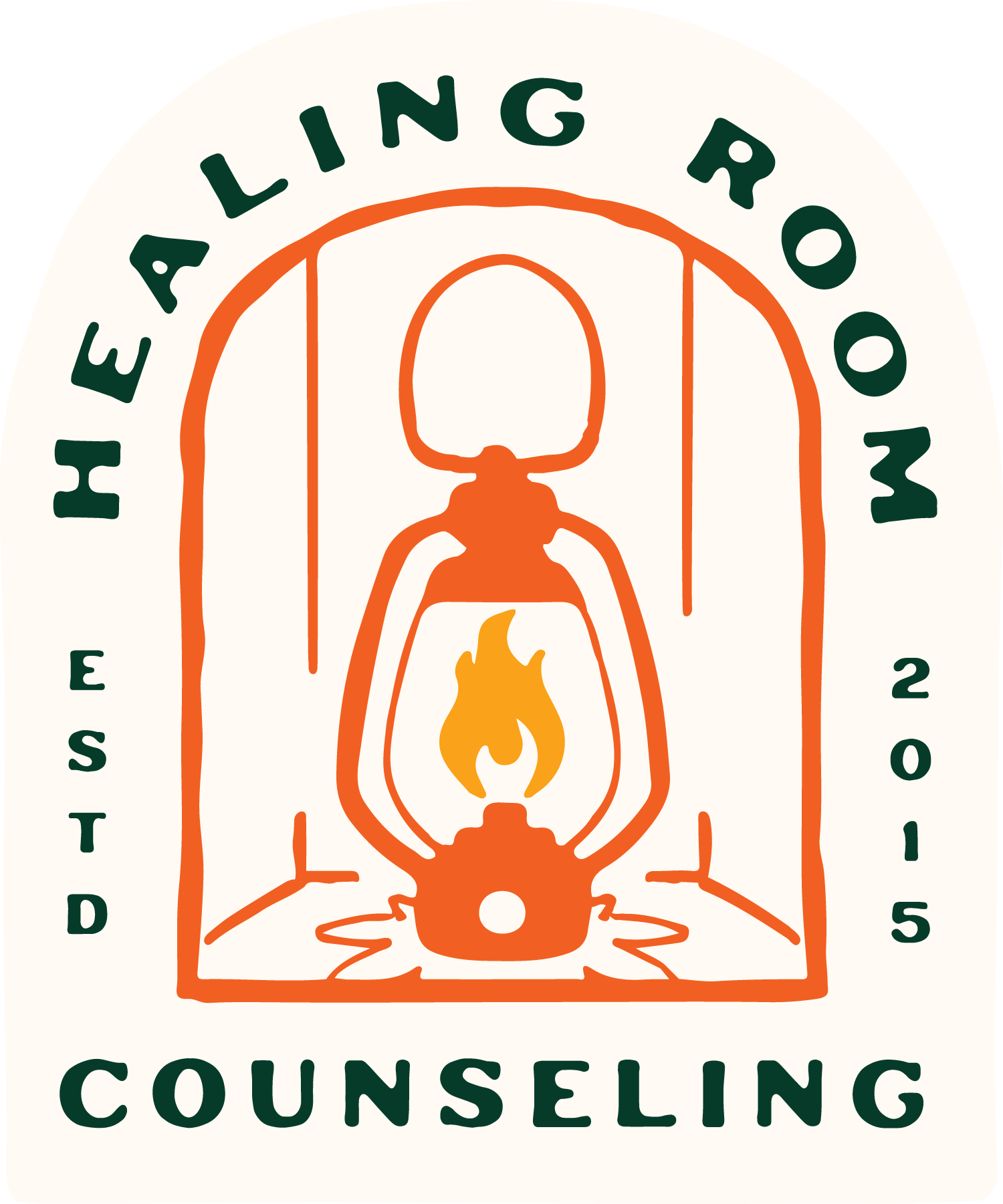Nurturing LGBTQ Mental Health: A Closer Look at Georgia
Mental health is a crucial aspect of our overall well-being and is something that everyone deserves. In Georgia, as in many other parts of the world, the LGBTQ+ community faces unique challenges when it comes to mental health. Discrimination, stigma, and a lack of representation can all contribute to higher rates of mental health challenges. Let’s explore the state of queer mental health in Georgia and discuss ways to create a more supportive environment for LGBTQ+ individuals.
Understanding the Challenges
1. Stigma: The stigma associated with being LGBTQ+ can significantly affect an individual's mental health. Like many other places, Georgia has its fair share of prejudice and discrimination, which can contribute to feelings of isolation and low self-esteem. While Atlanta can offer relief from the prejudice of the suburbs and rural areas, even a metropolitan city has problematic people and practices.
2. Family Rejection: Some LGBTQ+ individuals in Georgia risk family rejection when they come out. Rejection from family can lead to feelings of abandonment, which can harm mental health. In Georgia, rates of homelessness are high among LGBTQ youth. Homeless youth are sex trafficked at much higher rates than housed youth. Family rejection is, then, a risk factor for not only homelessness but also sex trafficking.
3. Bullying and Harassment: Bullying and harassment at school, work, or in daily life is a reality for many queer individuals. These experiences can result in anxiety, depression, and post-traumatic stress disorder.
4. Access to Healthcare: Not all LGBTQ+ individuals in Georgia have access to competent healthcare providers who understand our needs. This can make it difficult for us to receive the care we require.
5. Discriminatory Laws: Georgia is one of many states that have passed laws that are especially harmful to trans folks and the people who love trans folks. The state legislature has targeted trans kids in particular by limiting and removing access to life-saving hormone replacement therapy.
If you are facing these challenges, please don’t do it alone! Connect with community or reach out to me to schedule a space to be supported.
Promoting LGBTQ Mental Health in Georgia
1. Education and Awareness: An essential step towards improving the mental health of LGBTQ+ individuals in Georgia is increasing education and awareness. Schools, workplaces, and communities should actively educate people about the experiences and challenges faced by the queer community.
2. Accessible Mental Health Services: It is crucial to make mental health services more accessible to LGBTQ+ individuals. Mental health professionals ought to take it upon themselves to be trained in queer-affirmative care. Mental health professionals also need to provide resources and care for those who may not have insurance or financial means to access competent providers.
3. Supportive Communities: Joining supportive communities, online or in-person, is essential. Queer folks need spaces where we can find acceptance and understanding. Local groups such as Southern Fried Queer Pride can be one place to find queer and trans folks.
http://www.southernfriedqueerpride.com/
4. Anti-Discrimination Laws: Advocacy for anti-discrimination laws is essential for protecting LGBTQ+ individuals in Georgia. No one person can make these changes alone. Joining up with groups such as Georgia Equality is one place to start.
5. Mental Health Education: Including queer-specific mental health education in schools can help reduce bullying and increase understanding among young people. When individuals learn about and empathize with the struggles of the LGBTQ+ community, they are more likely to be supportive and compassionate. Groups like Georgia Safe Schools Coalition combine LGBTQ education with mental health education.
Queer mental health in Georgia, as in many parts of the world, is a critical issue that demands attention and action. The state of queer mental health in Georgia can be improved through a combination of awareness, support, accessible healthcare, and anti-discrimination measures. By working together, individuals, communities, and policymakers can create a more inclusive and accepting environment for LGBTQ+ individuals, leading to better mental health outcomes for all.
For consultations or training on how your organization can better understand and serve the needs of LGBTQ folks, please contact me.

